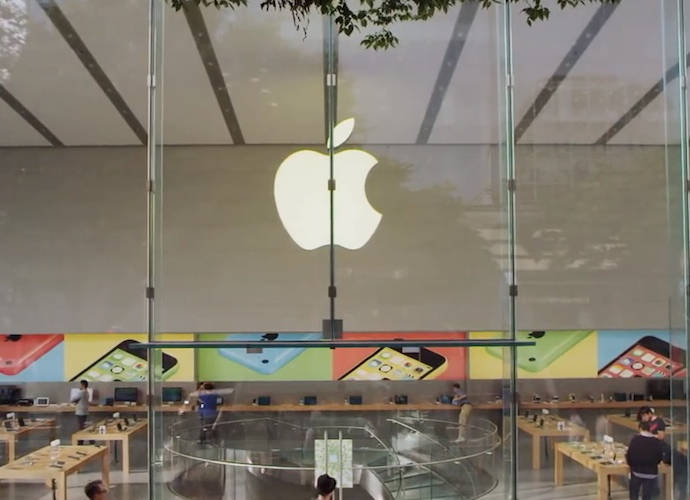Apple Vs. FBI Controversy: What’s Wrong With Absolutes Like ‘Privacy’ And ‘Security’
More than a week ago now Apple received an order by a federal judge to unlock the iPhone belonging to the San Bernardino attacker Syed Farook. Apple’s ongoing legal battle to dismiss the order has sparked a debate of utmost national and international importance, simply framed as privacy vs. security. But there is more to consider than the pure absolutes in this case.
Apple vs. FBI
Instead of merely putting at stake two of our democratic core values this debate should be approached via a more balanced and streamlined consideration of the long-term implications for our society. This is not a debate about privacy and security but rather one about the current standing of our democracy and efficiency of the organs of administration that should be maintaining its pillars. The authorities’ ability to infringe upon the citizens’ privacy without their knowledge for the foreseeable future would undermine the civil liberties and the very means through which democracy operates, resulting in a 1984-esque society and making a myriad of conspiracy come true.
Over the past few days a number of Silicone Valley tech companies, including Microsoft, Facebook, Twitter, Yahoo and Google, have announced that they are backing up Apple in its battle for the maintenance of current encryption technologies, which allow the personal information and data stored on our devices to remain secure. Creating a new version of the current software allowing for the circumvention of those security features, or what Apple CEO Tim Cook describes as “an overreach by the U.S. government,” would set up a dangerous precedent that would place us on the brink of an abuse of power that would compromise our essential democratic principle to control such abuses.
In a message to their customers sent on February 16, 2016, Apple explained the details surrounding the case, the FBI’s demands and what is at stake:
The government would have us remove security features and add new capabilities to the operating system, allowing a passcode to be input electronically. This would make it easier to unlock an iPhone by “brute force,” trying thousands or millions of combinations with the speed of a modern computer.
The implications of the government’s demands are chilling. If the government can use the All Writs Act to make it easier to unlock your iPhone, it would have the power to reach into anyone’s device to capture their data. The government could extend this breach of privacy and demand that Apple build surveillance software to intercept your messages, access your health records or financial data, track your location, or even access your phone’s microphone or camera without your knowledge.
Conversely, the FBI argues that the increasing sophistication of encryption technologies has prevented the authorities from successfully fighting and preventing crime and terrorism as in the current San Bernardino case. Under the 1789 All Writs Act (AWA), signed by George Washington himself, the federal courts have the power to compel parties to do things within the law. The invoking of AWA, however, is questionable because of the act’s lack of specificity. Furthermore, as Apple has maintained in court, the court order issued, asking Apple to fundamentally change the code in their operating system, is essentially unconstitutional because it infringes upon their First Amendment rights, under which code is recognized as speech. And if this
And if this is not cause to seriously question the FBI’s request and the possible outcomes, then what is? This truly begs the question why is there the need for such a radical change in the conventional methods of investigation. Is the bypassing of individual privacy the only way to efficiently fight crime in our day and age? How firm is the ground upon which democracy stands and how can its principles and branches be made to work together more successfully?
RELATED ARTICLES
Get the most-revealing celebrity conversations with the uInterview podcast!




 Click here for the Most Popular Celebrity Instagrams Of 2015 Slideshow
Click here for the Most Popular Celebrity Instagrams Of 2015 Slideshow



Leave a comment